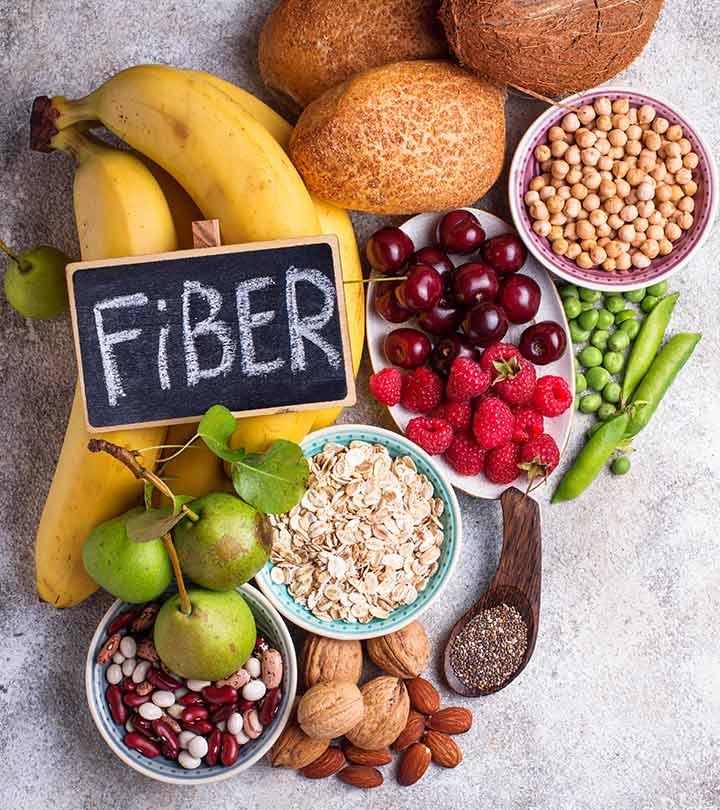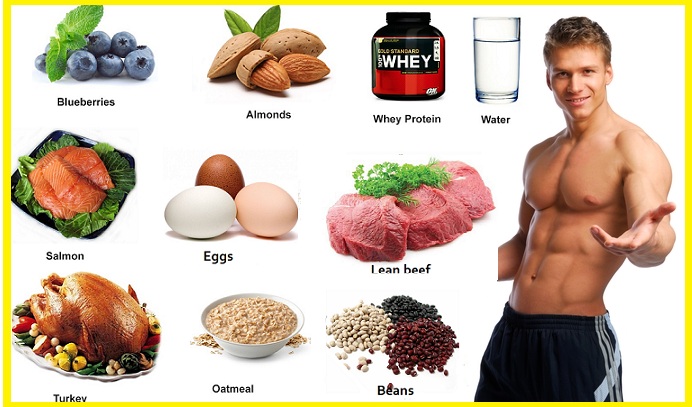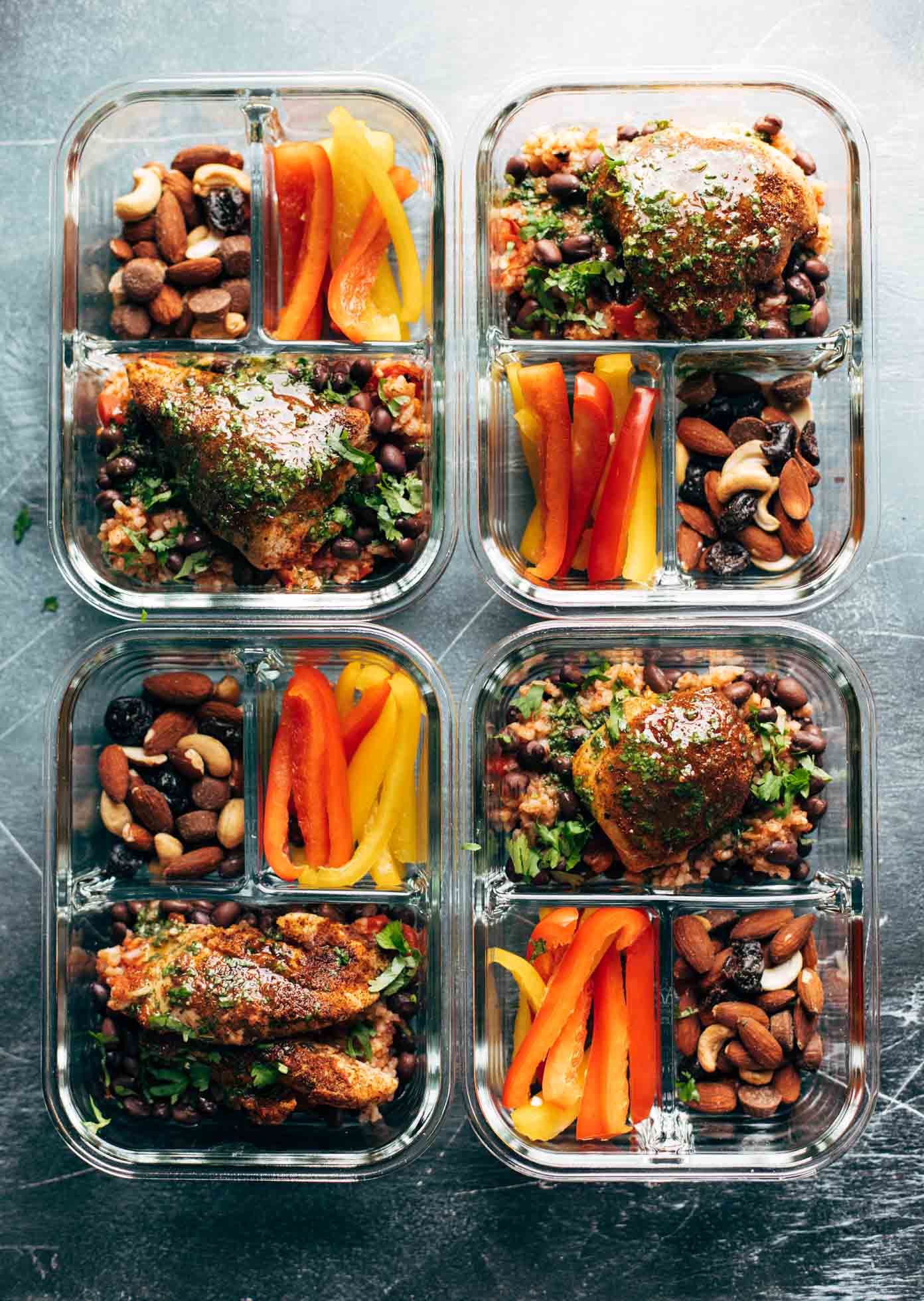Understanding Calorie Deficit and Its Importance
A calorie deficit is a state in which an individual consumes fewer calories than they burn, leading to weight loss. This intentional reduction in caloric intake is a common strategy for those seeking to manage their weight and improve their overall health. However, it is crucial to prioritize nutrient-dense foods when following a calorie-deficit diet to ensure that the body receives the necessary vitamins, minerals, and other essential nutrients.
Consuming a variety of nutrient-dense foods on a calorie deficit supports not only weight management but also overall health and well-being. These foods provide the body with the energy and nutrients it needs to function optimally, while also promoting satiety and reducing the likelihood of overeating. By focusing on nutrient-dense options, individuals on a calorie-deficit diet can maintain a balanced and satisfying meal plan that supports their weight loss goals and enhances their overall quality of life.
Selecting Nutrient-Dense Foods for a Calorie-Deficit Diet
When following a calorie-deficit diet, it is essential to prioritize nutrient-dense foods to ensure that the body receives the necessary vitamins, minerals, and other essential nutrients. Nutrient-dense foods are those that provide a high amount of nutrients relative to their calorie content. By focusing on these options, individuals on a calorie-deficit diet can support their weight loss goals while also promoting overall health and well-being.
Nutrient-dense foods offer several benefits for those on a calorie deficit. They help maintain energy levels, support muscle repair and growth, enhance immune function, and promote satiety. By consuming a variety of nutrient-dense foods, individuals can create a balanced and satisfying meal plan that meets their nutritional needs and supports their weight loss goals.
Some examples of nutrient-dense foods to eat on a calorie deficit include whole grains, lean proteins, fruits, vegetables, and healthy fats. These food groups provide the body with a wealth of essential nutrients, including vitamins, minerals, antioxidants, and fiber. By incorporating these options into daily meals, individuals on a calorie-deficit diet can optimize their nutrient intake, support their health, and achieve their weight loss goals.
Whole Grains: Fiber-Rich and Nutritious
Whole grains are an essential food group for those following a calorie-deficit diet. Rich in fiber, vitamins, minerals, and antioxidants, whole grains provide a host of health benefits and contribute to a balanced and satisfying meal plan. Unlike refined grains, which have been stripped of their nutrient-rich bran and germ layers, whole grains retain all three parts of the grain, offering a more substantial nutritional profile.
Fiber is one of the key nutrients found in whole grains, promoting satiety and aiding in digestion. By incorporating whole grains into a calorie-deficit diet, individuals can help control their hunger and cravings, making it easier to adhere to their weight loss goals. Additionally, whole grains have been shown to reduce the risk of chronic diseases, such as heart disease and type 2 diabetes, by supporting healthy blood sugar levels and cholesterol management.
Some examples of whole grains to incorporate into a calorie-deficit diet include brown rice, quinoa, whole wheat bread, whole grain pasta, and rolled oats. These options can be easily integrated into daily meals, providing a nutrient-dense and calorie-conscious foundation for any meal plan. When selecting whole grains, always look for products that list whole grains as the first ingredient and avoid those with added sugars or unhealthy fats.
Lean Proteins: Building Blocks for a Healthy Body
Proteins are essential nutrients that play a critical role in various bodily functions, including muscle repair, immune system support, and hormone production. By incorporating lean proteins into a calorie-deficit diet, individuals can ensure they are meeting their nutritional needs while also promoting weight loss and overall health.
Lean proteins are sources of protein that are lower in fat than their traditional counterparts. Examples of lean proteins include chicken breast, turkey, fish, lean beef, tofu, and low-fat dairy products. These options provide a high-quality source of protein without the added calories and unhealthy fats found in fattier cuts of meat or full-fat dairy products.
In addition to their role in muscle repair and maintenance, lean proteins also contribute to satiety, helping individuals feel full and satisfied after meals. This sensation can reduce overeating and help adhere to a calorie deficit. Furthermore, a diet rich in lean proteins has been shown to support a healthy immune system, promote healthy blood sugar levels, and maintain strong bones.
When incorporating lean proteins into a calorie-deficit diet, aim to include a serving in each meal. This can be achieved through various means, such as grilled chicken breast, baked fish, tofu stir-fries, or low-fat Greek yogurt. By prioritizing lean proteins, individuals can create a balanced and nutrient-dense meal plan that supports their weight loss goals and overall health.
Fruits and Vegetables: Packed with Essential Nutrients
Fruits and vegetables are vital components of a calorie-deficit diet, providing a wealth of essential nutrients while contributing minimal calories. Rich in vitamins, minerals, antioxidants, and fiber, these nutrient-dense options support overall health and well-being while also aiding in weight loss efforts.
The high nutrient density of fruits and vegetables allows individuals on a calorie deficit to consume a larger volume of food without exceeding their daily calorie goals. This can help reduce feelings of hunger and deprivation, making it easier to adhere to a calorie-deficit diet. Furthermore, the fiber content of these foods promotes satiety, helping individuals feel full and satisfied after meals.
Incorporating a variety of fruits and vegetables into a calorie-deficit diet ensures that individuals receive a broad spectrum of essential nutrients. Aim to consume a rainbow of colors, as different colored produce offers unique health benefits. For example, dark leafy greens, such as spinach and kale, are rich in vitamins A, C, and K, while bright orange fruits, like oranges and cantaloupes, provide vitamin C and potassium. Similarly, deep red vegetables, such as beets and red bell peppers, offer antioxidants and anti-inflammatory compounds.
To maximize the benefits of fruits and vegetables in a calorie-deficit diet, consume them in various forms, such as fresh, frozen, or canned. Add fruits to smoothies, yogurt parfaits, or salads, and incorporate vegetables into stir-fries, soups, or omelets. By prioritizing these nutrient-dense options, individuals can create a balanced and satisfying meal plan that supports their weight loss goals and overall health.
Healthy Fats: Necessary for Optimal Health
Contrary to popular belief, not all fats are detrimental to health and weight management. In fact, incorporating healthy fats into a calorie-deficit diet can provide numerous benefits, including improved heart health, enhanced cognitive function, and increased satiety. By understanding the difference between healthy and unhealthy fats and incorporating the right sources into a meal plan, individuals can optimize their nutrient intake and support their weight loss goals.
Healthy fats, also known as unsaturated fats, are found in various plant and animal sources. These fats can be further divided into monounsaturated and polyunsaturated fats, both of which have been shown to support heart health, reduce inflammation, and aid in the absorption of fat-soluble vitamins. Some examples of healthy fat sources include avocados, nuts, seeds, olive oil, and fatty fish, such as salmon and mackerel.
Incorporating healthy fats into a calorie-deficit diet can contribute to satiety, helping individuals feel full and satisfied after meals. This sensation can reduce overeating and promote adherence to a calorie deficit. Additionally, healthy fats play a crucial role in maintaining cell membrane integrity, supporting hormone production, and reducing the risk of chronic diseases, such as heart disease and type 2 diabetes.
To incorporate healthy fats into a calorie-deficit diet, consider adding avocado slices to salads or sandwiches, drizzling olive oil over roasted vegetables, or sprinkling chopped nuts or seeds over yogurt or oatmeal. By prioritizing these nutrient-dense options, individuals can create a balanced and satisfying meal plan that supports their weight loss goals and overall health.
How to Incorporate These Foods into Your Daily Meals
Incorporating nutrient-dense foods into a calorie-deficit diet can be both enjoyable and satisfying. By employing creative meal ideas and strategies, individuals can ensure they are meeting their nutritional needs while also enjoying flavorful and diverse options. The following tips and ideas can help individuals integrate whole grains, lean proteins, fruits, vegetables, and healthy fats into their daily meals:
- Plan meals and snacks in advance: Meal planning and prep can help ensure that calorie-deficit-friendly options are readily available and accessible. By dedicating time each week to plan and prepare meals, individuals can reduce the likelihood of impulsive, unhealthy food choices.
- Experiment with new recipes: Trying new recipes can help keep a calorie-deficit diet interesting and enjoyable. Incorporate a variety of whole grains, lean proteins, fruits, vegetables, and healthy fats into meal plans to ensure a balanced intake of essential nutrients.
- Make half your plate fruits and vegetables: Filling half the plate with fruits and vegetables can help increase nutrient density while reducing overall calorie intake. Aim for a rainbow of colors to ensure a diverse intake of vitamins, minerals, and antioxidants.
- Choose whole grain options: Replace refined grains with whole grain alternatives, such as whole wheat bread, brown rice, and quinoa. These options provide more fiber, vitamins, and minerals than their refined counterparts.
- Incorporate lean proteins at every meal: Lean proteins, such as chicken breast, turkey, fish, tofu, and low-fat dairy products, can help promote muscle repair, satiety, and a healthy immune system. Aim to include a serving of lean protein at each meal.
- Add healthy fats to meals and snacks: Incorporate healthy fats, such as avocados, nuts, seeds, and olive oil, into daily meals and snacks. These options can contribute to satiety, support heart health, and enhance the absorption of fat-soluble vitamins.
By following these tips and ideas, individuals can successfully incorporate nutrient-dense foods into a calorie-deficit diet, ensuring a balanced and satisfying meal plan that supports their weight loss goals and overall health.
Meal Planning and Prep for Success
Meal planning and prep are essential strategies for maintaining a calorie deficit and ensuring a balanced intake of nutrient-dense foods. By dedicating time to plan and prepare meals in advance, individuals can simplify their decision-making process, reduce the likelihood of impulsive, unhealthy food choices, and ensure they are meeting their nutritional needs. The following tips and resources can help individuals successfully implement meal planning and prep into their calorie-deficit diets:
- Identify calorie and macronutrient needs: Determine daily calorie and macronutrient goals based on individual factors, such as age, sex, weight, and activity level. Utilize online resources or consult with a registered dietitian to establish a personalized plan.
- Plan meals and snacks for the week: Set aside time each week to plan meals and snacks for the upcoming days. Consider personal preferences, schedules, and nutritional needs when designing meal plans.
- Create a grocery list: Based on the planned meals and snacks, create a comprehensive grocery list to ensure all necessary ingredients are on hand. Stick to the list to avoid impulsive, unhealthy purchases.
- Prepare meals in advance: Dedicate time each week to prepare meals and snacks for the upcoming days. Cook and portion proteins, grains, and vegetables, and store them in the refrigerator or freezer for easy access throughout the week.
- Utilize time-saving techniques: Employ time-saving techniques, such as using a slow cooker, instant pot, or meal delivery service, to streamline meal prep and planning.
- Remain flexible: While meal planning and prep can help maintain a calorie deficit, it is essential to remain flexible and adapt to changing circumstances, such as social events or schedule changes.
By incorporating meal planning and prep into a calorie-deficit diet, individuals can ensure they are consuming a variety of nutrient-dense foods while maintaining a calorie deficit. These strategies can contribute to long-term weight loss success, improved overall health, and increased satisfaction with meal choices.








